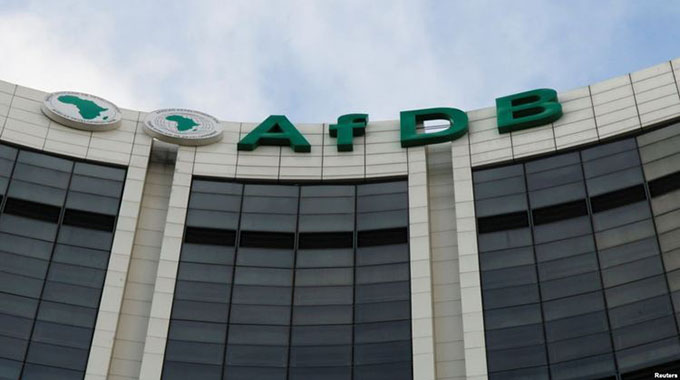Demand for impact investing outpacing supply

At a webinar hosted by Sanlam Investments last week, there was a clear consensus that the Covid-19 pandemic is paving the way for a new era of collaboration between business, government and labour.
“Never before have we seen this much collaboration between government and the private sector,” said Elias Masilela, chairman of recently established Impact Investing South Africa (IISA) and of DNA Economics. “It is the first time since 1994 that a meaningful social compact is becoming a reality.”
This is most notably being expressed through a collective appreciation of the role that impact investing can play in supporting solutions to the country’s social and economic challenges.
“If you are not sure about what impact investing is about, then consider your answer to the following question,” Masilela said. “What is the economy or world that you want to bequeath to your children and future generations?”
Engagement
There is no way that this can, or should be left to government. As Arthur Kamp, investment economist at Sanlam Investments, noted the reality that South Africa simply cannot recover through government’s stimulus measures alone. Even though this makes up 10 percent of national GDP, it merely helps limit the downside.
Meaningful engagement from institutional investors is therefore critical. And, as Citywire has reported, local pension funds are clearly expressing an appetite.
It is notable that while South Africa has specific socioeconomic challenges, it is not alone in seeing a shift in attitudes around impact investing due to Covid-19. This same theme was picked up at the Global Steering Group for Impact Investing Summit held last week.
Conducive environment
Covid-19 has brought people’s attention to the social factors in ESG,’ said Hiro Mizuno, an external board member at Tesla and former chief investment officer at Japan’s Government Pension Investment fund. These days the CEO talks a lot about social issues. Ten years ago or even five years ago, when the CEO made comments about social issues, investors didn’t like it. These days if they don’t make that kind of statement, investors are punishing them.
The environment, overall, is therefore becoming far more conducive for impact strategies.
The demand for impact investing is coming from all segments, and is increasing rapidly, said Prince Max of Liechtenstein, CEO of the LGT Group. Over the last three years we have really seen a strong increase in interest and demand.
I would say the demand for impact investing is no longer the problem. The interest is there. The challenge and impediment for further growth, and I believe also the opportunity, is on the supply side of the market, where the product offering is largely still quite small, fragmented and not yet very obvious.
This, he suggested, was not unexpected from what is a young asset class.
Accelerated progress
It takes time to build a track record and to build these great businesses that will correspond, eventually, to the demand,’ Prince Max added. “Some are already gaining traction and increasingly achieving good results, making excellent investments, attracting world class talent, and building increasingly scalable platforms with strong governance”
Do we have the Tesla of the impact investing world yet? Not quite. I think some organisations are on a very good trajectory with teams, investments, processes, ambition and vision, but I think everyone needs to be a bit more patient.
There is, however, a chance that the pandemic will accelerate this process, as it has done with so much else.
“Of course, it would be very helpful if we could show that impact investing strategies are better performing than traditional strategies,” Prince Max said. “At this point it’s a little early to assess that. But there is more evidence that companies that are socially inclusive, and that are environmentally responsible are coming better through this crisis than others who are less so.”- Moneyweb











Comments